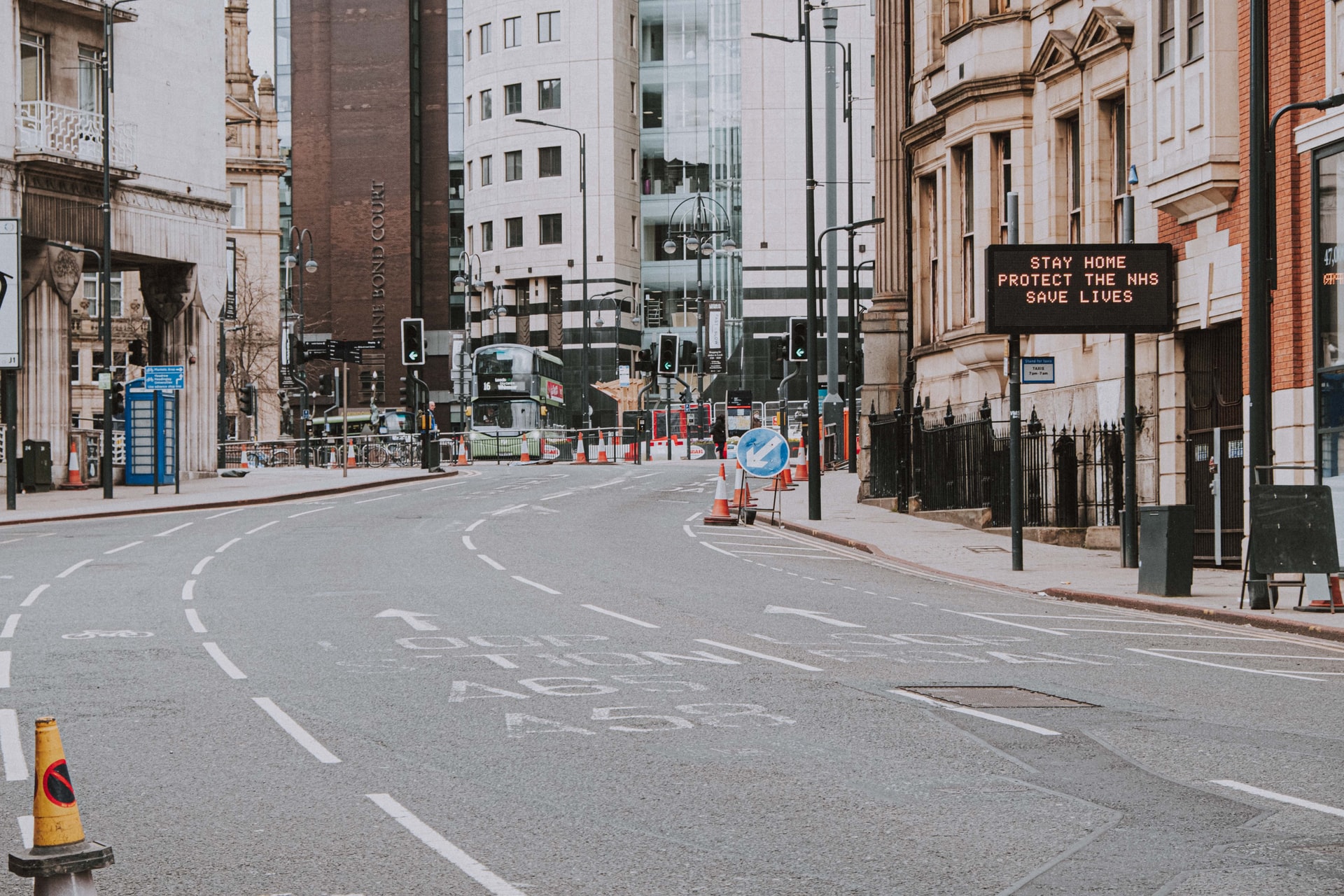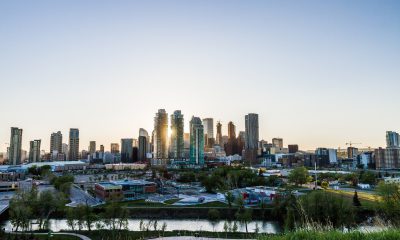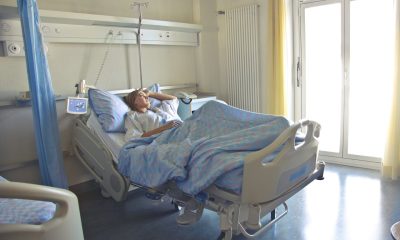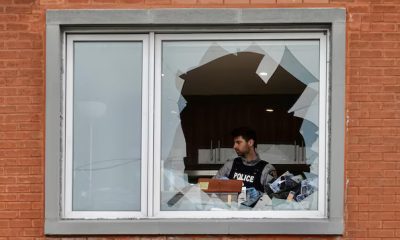Health
A second COVID-19 wave? Here are 6 lessons from the first

Since the beginning of the pandemic, however, significant social and economic costs have resulted from the prolonged lockdowns. (File photo: Dan Burton/Unsplash)
As COVID-19 spread across the globe, governments looked to epidemiologists to slow its transmission.
Without a vaccine, large-scale testing capacity and sufficient critical-care beds, epidemiologists pushed countries to enact social distancing measures and to lock down economies. These policies saved lives and bought time to better understand the virus.
Since the beginning of the pandemic, however, significant social and economic costs have resulted from the prolonged lockdowns. Blanket policies were enacted that didn’t take into consideration the social and economic costs or the ability of businesses to adapt their operations to mitigate the risks.
While the uncertainty arising from this unprecedented situation makes additional caution understandable, it’s important to review the lessons learned before a second wave of COVID-19 or the next viral pandemic so we can better manage future crises in a way that limits medical, social and economic costs.
Lessons learned
Lesson 1: Simple behaviours are the most effective response.
The spread of COVID-19 can be reduced with simple actions, as noted by Bonnie Henry, now the medical officer of health for British Columbia, in her 2009 book Soap and Water & Common Sense: The Definitive Guide to Viruses, Bacteria, Parasites, and Disease. Hand washing, regular disinfecting of surfaces, wearing face masks and social distancing can drop the R0 below 1 and limit community spread of the virus.
Lesson 2: Testing and tracking identify hot spots.
Open access to COVID-19 testing allows communities to identify and limit the rate of transmission. It also allows an assessment of the impact of public health measures on transmission rates.
Tracking technologies can identify outbreak hot spots or locations of high transmission. Once identified, these hot spots can be managed (and closed if required) while allowing others to remain open. In addition, data from tracking enables analytical modelling to understand current and projected transmission paths.
Lesson 3: Consistency shapes norms.
Regions that effectively managed virus transmission had consistent messaging from different levels of government, promoting the simple behaviours needed to reduce transmission. Messages that also provide a rationale for the necessary behavioural changes are most effective.
Read more:
Clear, consistent health messaging critical to stemming epidemics and limiting coronavirus deaths
Lesson 4: Businesses adapt quickly.
Businesses continually adapt and manage behaviours through simple and technological solutions. In response to COVID-19, retail stores reduced hours to increase time for sanitization, eliminated promotions to reduce in-store congestion and installed plexiglass shields at checkouts.
Digital technologies have led to touchless options, reducing the potential for physical transmission in workplaces. When virus outbreaks have occurred, many businesses closed, adjusted and reopened.
Lesson 5: Social costs must be considered.
Since the start of the pandemic, domestic abuse cases increased significantly, and suicide rates are anticipated to rise by 20 to 30 per cent. Loss of health insurance from unemployment has increased health inequities in countries without public funded systems.
Furthermore, the pandemic has resulted in increased non-coronavirus deaths from untreated or under-treated acute and chronic medical conditions because of fear and inability to access medical care.
Models that only included COVID-related deaths have overestimated the number of lives saved and underestimated the costs to society.
Lesson 6: No economy is immune.
The prolonged lockdown of economies has led to an estimated loss of more than US$12 trillion dollars in global GDP, and approximately one-third of the global population has experienced unemployment. More than 95 per cent of countries are projected to have negative per capita income growth in 2020.
Closing businesses has led to a global ripple effect. Countries that allowed businesses to operate during their outbreaks are still experiencing economic downturns resulting from the global recession.
Two conclusions
These lessons support two conclusions.
First, virus transmission can be reduced through the simple steps of consistently reinforcing appropriate behaviours, and widespread testing for and tracking of the virus.
Second, governments need to prepare for other potential viruses by creating different transmission path scenarios, and identifying the best steps to limit spread for those paths while also managing economic and social consequences.
Delays in enacting appropriate policies led to higher health costs, and pre-planning can reduce delays at the beginning of a pandemic.
Governments must work together, prior to the next pandemic or COVID-19’s second wave, to develop policies that protect the inter-connectivity of the global economy. They need to co-ordinate with trading partners to protect essential goods and supply chain networks once a pandemic occurs.
Lives can be saved while also stabilizing business; it’s not an either/or decision. Integrating both human and economic factors into predictive models can both minimize the spread of the virus and reduce the economic impact.![]()
![]()
Loren Falkenberg, Senior Associate Dean, Business, University of Calgary and Jillian Walsh, Graduate Student, Health Economics, University of York
This article is republished from The Conversation under a Creative Commons license. Read the original article.





















